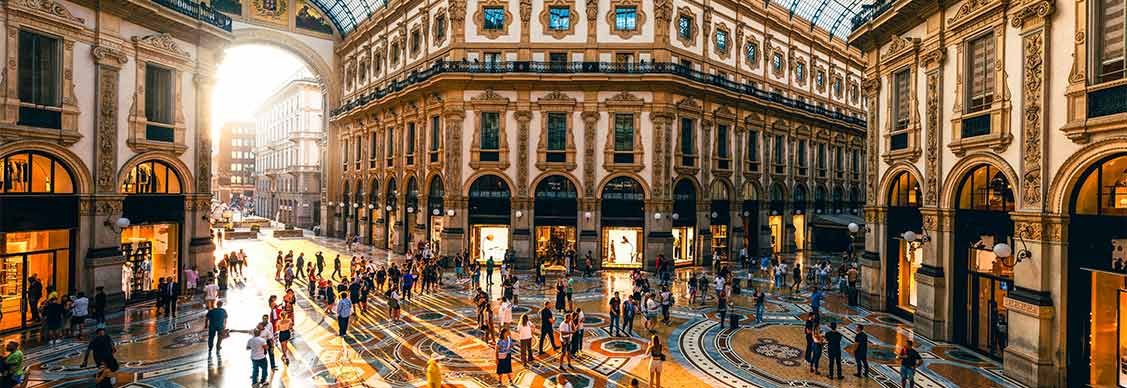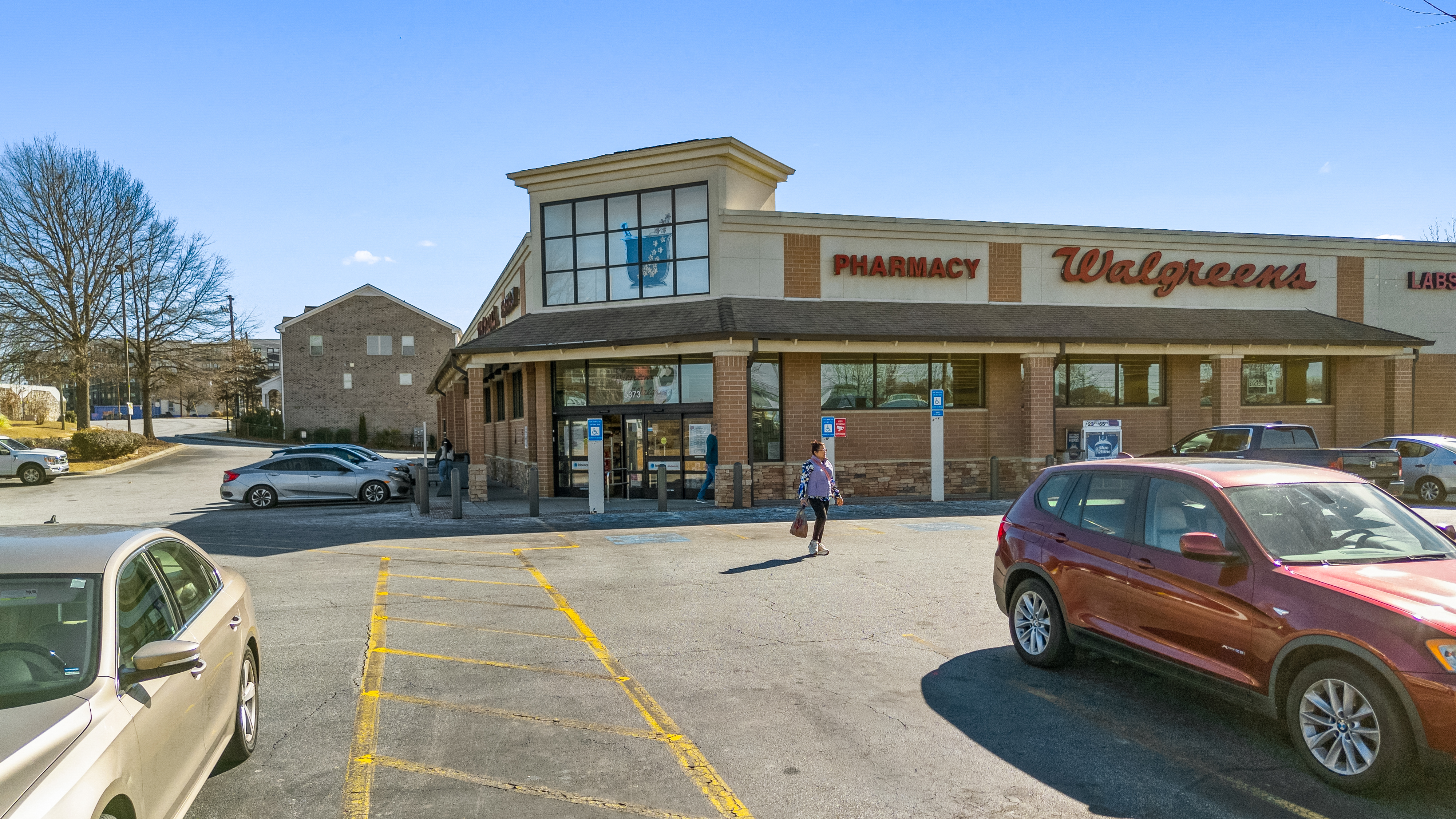Why luxury brands are on a prime shopping spree
High-end retailers are ditching leases in favor of owning prime sites
Luxury retail’s resilience in recent years may now be paying off, with retailers snapping up prime real estate in some of the world’s most renowned streets.
Take high-end retail group Kering – owner of Gucci, Bottega Veneta, Balenciaga and Saint Laurent – that recently purchased a five-floor property on Milan’s Via Monte Napoleone for EUR1.3 billion ($1.4 billion). This came hot on the heels of its $1 billion acquisition of a property on Fifth Avenue in New York City.
Prior to this, Kering and other luxury retailers such as LVMH and Chanel made several purchases in Paris on Rue Saint Honoré, Avenue Montagne, Avenue des Champs Élysées, and other prominent locations.
In fact, luxury brands in Europe have paid more than $9 billion to buy landmark stores in the world’s top shopping locations since the beginning of 2023, according to analytics firm Bernstein Research.
“The largest luxury retail groups are currently buying prime real estate across major cities globally, as brands seek long-term security and greater control of their assets,” says Sandra Ludwig, Head of Retail Capital Markets EMEA for JLL.
Part of this is down to big profits translating into strong corporate balance sheets. One of retail’s 25 biggest global players LVMH, has nearly doubled its market capital since 2019 with annual sales for the 2023 fiscal year hitting around EUR86 billion ($92.7 billion).
Growing international tourism has been another driving factor. Despite inflation, consumers have continued to splash disposable income on both travel and goods, meaning spending rose for the fourth successive year, according to JLL’s Global Real Estate Perspective.
Looking for more insights? Never miss an update.
The latest news, insights and opportunities from global commercial real estate markets straight to your inbox.
Buying not leasing
Many brands are doubling down on physical stores as they gain a greater understanding of evolving business models and the value that physical retail space brings. While this may not equate to more sites, it does mean better sites – causing competition for flagship buildings in top cities to hot up.
“While new store openings from high-profile luxury retailers decline, location requirements and demand for larger store spaces have increased in priority,” Josefine Ulrich, Director of Retail Leasing Strategy & Operations, EMEA.
She adds that while leasing is still a common strategy, it brings with it a degree of risk.
“Limited availability of exceptional properties and the competitive nature of retail could see a brand ousted in favor of a rival that’s willing to pay premium rents or even acquire the entire property to secure these locations indefinitely.”
Investment Opportunities
Given the current business environment, yield movements and available free cash, it therefore makes good business sense for major luxury brands to take advantage of their financial power and become owners of prime locations, says Ludwig.
“It helps them protect their long-term presence in key cities, particularly within prestigious shopping destinations,” she says.
What’s more, these brands face little competition from traditional real estate buyers, thanks to higher interest rates and a shortage of core capital. It means they can leverage their significant available funds to secure the most desirable locations.
Ulrich says ownership also brings the benefit of greater autonomy and control, allowing brands to make investments into store façades, designs and layouts without needing permission from landlords or having to enter lengthy negotiations with joint tenants.
“In this segment, customers are not just purchasing a product, they're buying into the story and lifestyle the brand represents, so it must deliver on the brand promise,” Ulrich says. “Physical stores provide more options for those high-end client experiences that help preserve premium pricing.”
Ludwig expects to see premium brands remain focused on creating flagship temples of retail in the coming months.
“Selective acquisitions of prime sites are likely to continue – alongside improved layouts and those unrivalled in-store experiences we’ve grown so used to,” she says.
Contact Sandra Ludwig
Head of Retail Capital Markets EMEA for JLLWhat’s your investment ambition?
Uncover opportunities and capital sources all over the world and discover how we can help you achieve your investment goals.




